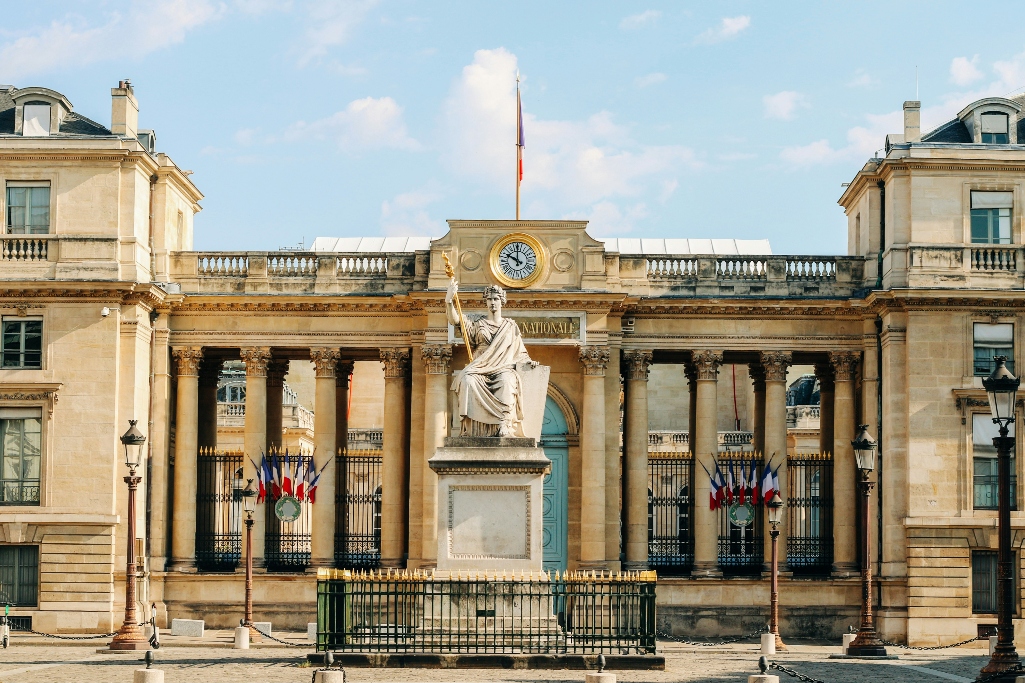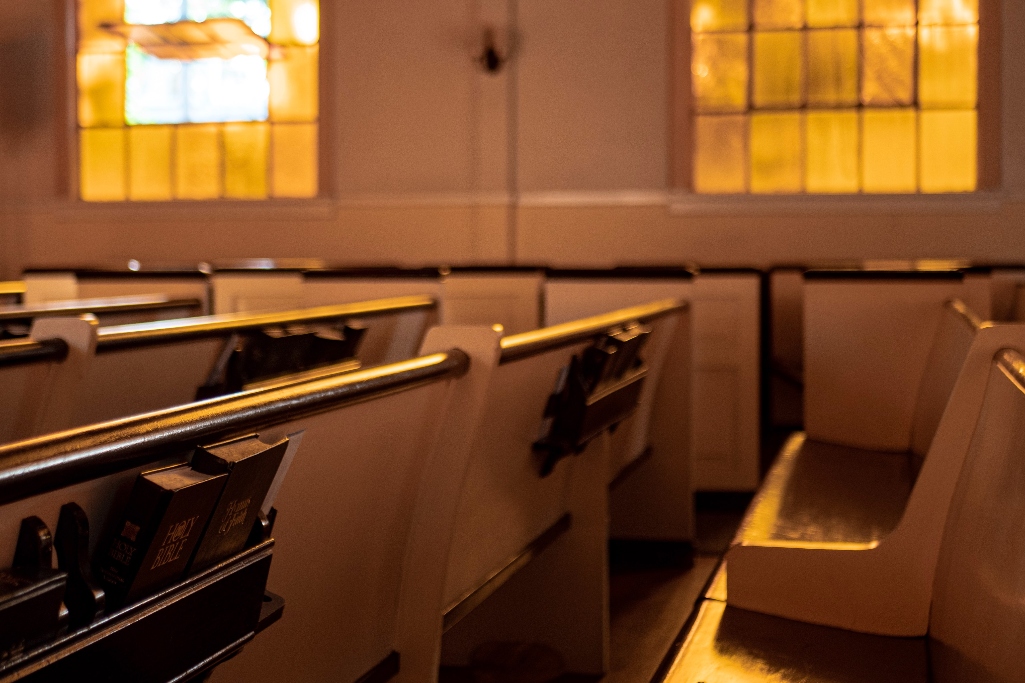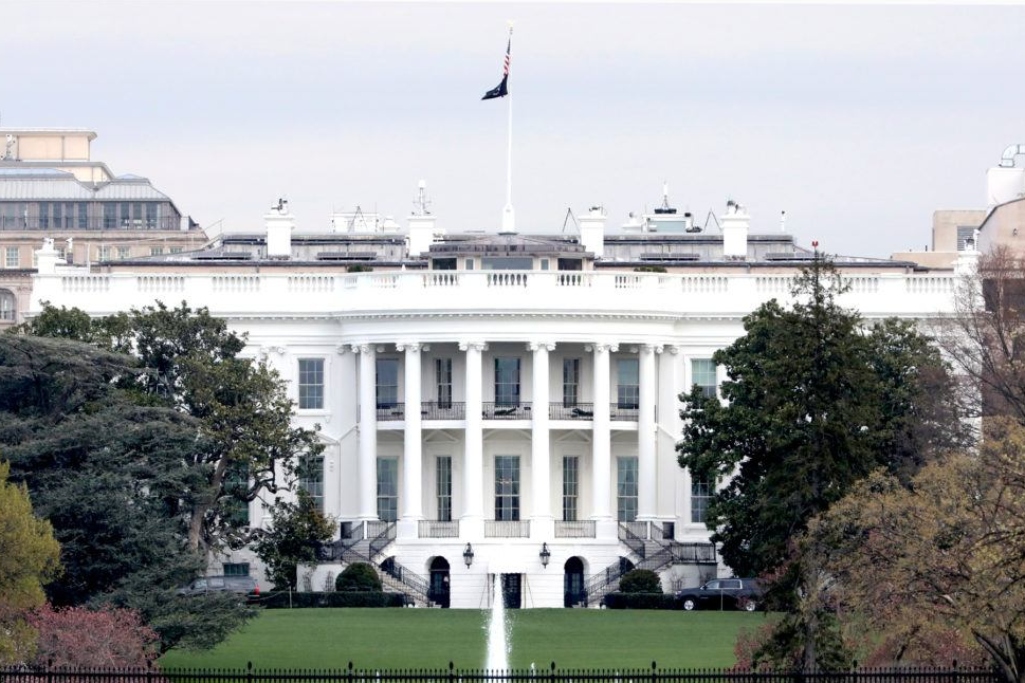
VERSAILLES, France (BP) – Evangelicals in France voiced a measured objection to the enshrinement of abortion in the country’s constitution in advance of the historic move March 4, citing concerns for freedoms of conscience, expression and opinion.
France became the first country to enshrine abortion rights into a national constitution March 4. Its Parliament overwhelmingly amended Article 34 of the Constitution to specify that “the law determines the conditions in which the freedom of women is exercised, which is guaranteed to them, to have recourse to an abortion.”
The National Council of Evangelical Churches of France (CNEF) urged Parliament March 1 to protect the rights of conscientious objection for healthcare workers, and the freedoms of speech and opinion. But CNEF fell short of urging Parliament to strap the constitutional change that was first proposed just after the U.S. Supreme Court overturned Roe v. Wade.
Southern Baptist leader Brent Leatherwood, president of the Ethics & Religious Liberty Commission, told Baptist Press March 5 he believes France will grow to regret the constitutional change.
“I believe, in time, the French will come to regret this villainous action. It is nothing short of a ghoulish thing to add the destruction of life to a national charter,” Leatherwood said. “Planned Parenthood rejoices while the preborn are terrorized. Despite what activists, politicians and parts of culture want you to believe, abortion is not healthcare and the leaders of France have made a heinous decision that will lead to innocent life being taken.
“We like to tell ourselves a story of progress, that we are making strides in human dignity and protecting the vulnerable,” Leatherwood said. “But terrible events like this reveal we have a long way to go before we truly love our neighbor, including the preborn, as ourselves.”
Evangelicals comprise 1.6 percent of the population, according to 2021 statistics, or 1.1 million people in the country with a 2021 population of 67.75 million.
CNEF holds the largest concentration of evangelicals in France.
“Attached to the sacred character of life from its beginning, but aware of living in a secularized, pluralist society, the National Council of Evangelicals of France (CNEF) is concerned about the risks posed by this constitutionalization,” the group said, according to a Google translation of the French document. “The CNEF fears that the right of healthcare workers to conscientious objection will be weakened. (CNEF) also fears that freedom of expression and freedom of opinion may also be eroded.
“Since, in a democratic society, opinions and convictions can diverge, guarantees of respect in these matters would be welcome, as provided for in article 10 of the Declaration of the Rights of Man and of the Citizen.”
In its statement, CNEF evoked the original intent of the legalization of abortion in France in the 1975 Veil Law, which was to protect life and support abortion only in the gravest circumstances.
“The Veil law established voluntary termination of pregnancy as the last resort for dead-end situations. The exception had to be the principle. The distress situation, the criterion,” CNEF said, noting that the law’s namesake Simone Veil encouraged society to dissuade abortions as much as possible.
“Fifty years later, the two houses of parliament, united in Congress, are preparing to place the freedom of women to resort to abortion at the top of the hierarchy of standards,” CNEF said. “Guaranteed freedom becomes the principle. The distress situation has been removed from the law. From a decriminalization provision and an exceptional measure, we are moving towards a constitutional right.”
CNEF offered the love, grace and life of the Gospel to French women who have abortions.
“Resolutely on the side of women in fragile situations, and particularly aware with Madame Simone Veil that abortion is always ‘a failure when it is not a tragedy,’ the evangelical Protestants of France are calling on the government to ensure that it offers – to women who would like – the freedom and the means to keep or entrust their child,” CNEF said. “For them and for those who would make another choice, our communities are welcoming places that manifest the love, grace and life that the Gospel of Jesus Christ brings.”
Perhaps the strongest objection among French evangelicals came from the Protestant Committee for Human Dignity, which described the constitutional change as a consequence of abortion becoming “a political dogma” in France, the conservative French television state CNews reported.
Largely, other Protestants are members of the French Protestant Federation (FPF), a group composed of Reformed, Lutheran, Evangelical, Pentecostal and Adventist Protestants. Combined, Protestants comprise about 3 percent of France’s population, according to FPF.
France’s Catholic church strongly condemned abortion in comments surrounding the vote, describing abortion as murder.
President Emmanuel Macron will hold a public event March 8, International Women’s Day, to enshrine the amendment into the Constitution. He has praised with enthusiasm the measure that his party introduced in 2022.
France’s move marks a change in course after following the U.S. in birth control, and in abortion, the past 50 years, The Atlantic reported, pointing out both countries’ legalization of birth control in the 1960s and abortion in the 1970s.
In France, abortion is legal through the 14th week of pregnancy – generally 16 weeks after a woman’s last menstrual period – a timeframe France expanded from 12 weeks in February 2022. Abortions are allowed past the 14th week for various concerns including the physical and emotional health of the mother, and certain fetal anomalies.
(EDITOR’S NOTE – Diana Chandler is Baptist Press’ senior writer.)


